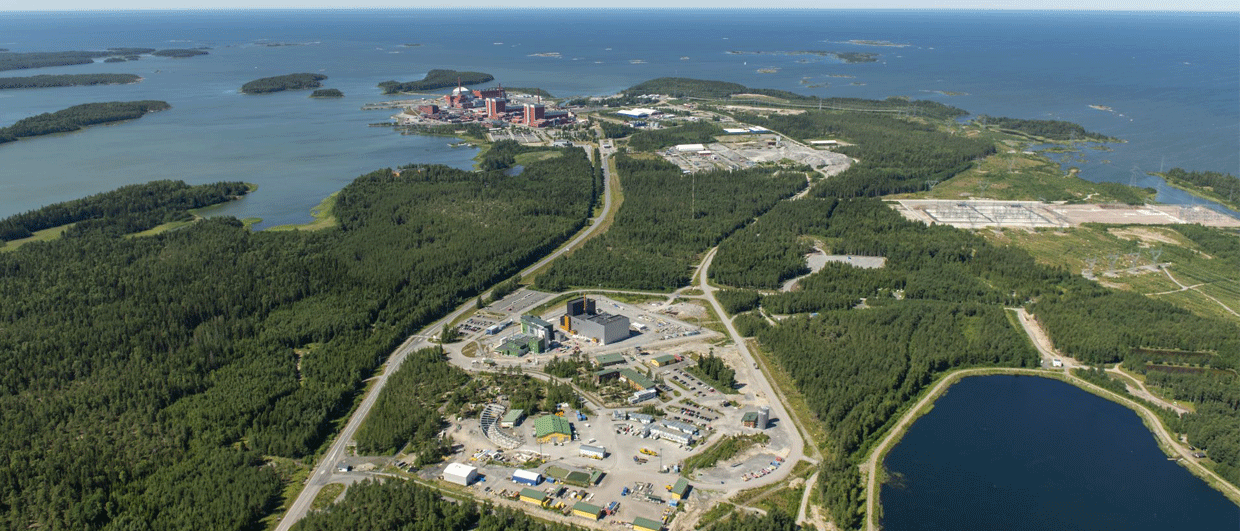The perceived “talent crisis” in geology is a multifaceted issue rooted in historical, economic, and cultural shifts. In the mid-20th century, geology thrived. The post-war industrial boom and global demand for minerals and hydrocarbons created abundant opportunities for geoscientists.
Countries like Australia became magnets for geology graduates seeking entry-level roles in mining and petroleum exploration – myself included. This era fostered a strong pipeline between academia and industry, reinforcing geology’s appeal as a practical and lucrative career.
Fast forward to today, and the landscape looks starkly different. Several forces have converged to diminish geology’s prominence.
First, the energy transition and climate discourse have reshaped societal attitudes toward extractive industries. Oil and gas, once symbols of progress, are now often portrayed as environmental liabilities. This narrative has influenced public perception and policy, reducing investment in traditional energy sectors – and with it, the demand for geoscientists.
Second, academia has shifted its priorities. While addressing climate change is undeniably important, many geology faculties have reoriented curricula toward environmental science, sustainability, and planetary studies. These areas, though valuable, often lack direct pathways to traditional geology careers. The result? Students graduate with skills misaligned to industry needs, and companies struggle to find talent with core competencies in structural geology, petrophysics, and basin analysis.
Third, the cyclical nature of resource industries has amplified uncertainty. Boom-and-bust cycles in oil, gas, and mining discourage long-term career planning. Young professionals, wary of volatility, gravitate toward fields perceived as stable – data science, finance, or renewables – leaving geology departments with dwindling enrolments.
Fourth, the talent isn’t where it’s needed. There isn’t a global shortage of geological talent per se. In parts of the Global South, extractive industries are still seen as engines of development. But in the West, the stigma surrounding resource extraction has created regional mismatches between supply and demand.
And yet, geology remains one of the few science-based careers that can be both intellectually rewarding and well-remunerated – particularly in upstream energy, mining, and insurance sectors where technical expertise is critical to risk assessment and decision-making. This economic potential is often overlooked in public discourse, but it remains a compelling reason to reinvest in the discipline.
As we transition toward low-carbon energy systems, geology remains foundational – not obsolete. In short, the new energy world is still built on rocks. Geologists are not just legacy professionals – they are enablers of the future energy mix. Recognising this is essential if we want a prosperous and sustainable future.
Is perfect synchronisation between education and labour markets achievable? Probably not. Economic systems evolve faster than academic institutions can adapt. However, partial alignment is both possible and necessary. Universities must balance emerging themes like climate science with foundational geology training. Industry partnerships, internships, and applied research can bridge the gap, ensuring graduates possess both traditional and future-facing skills.
Ultimately, the world remains material-based. Even renewable technologies rely on mined resources: lithium, cobalt, rare earths and uranium are critical inputs for nuclear energy, and their availability will directly influence the scalability of nuclear deployment – underscoring geology’s enduring relevance. The challenge lies in reframing geology as a discipline central to sustainability rather than antithetical to it. By doing so, we can attract a new generation of geoscientists equipped for a material-based world.
The talent crisis is not inevitable; it is a call to action. Aligning education with evolving industry needs, while preserving geology’s core identity, will determine whether the profession thrives – or fades into academic obscurity. This trend can’t continue if we want a prosperous future, as it all starts and ends with rocks.





